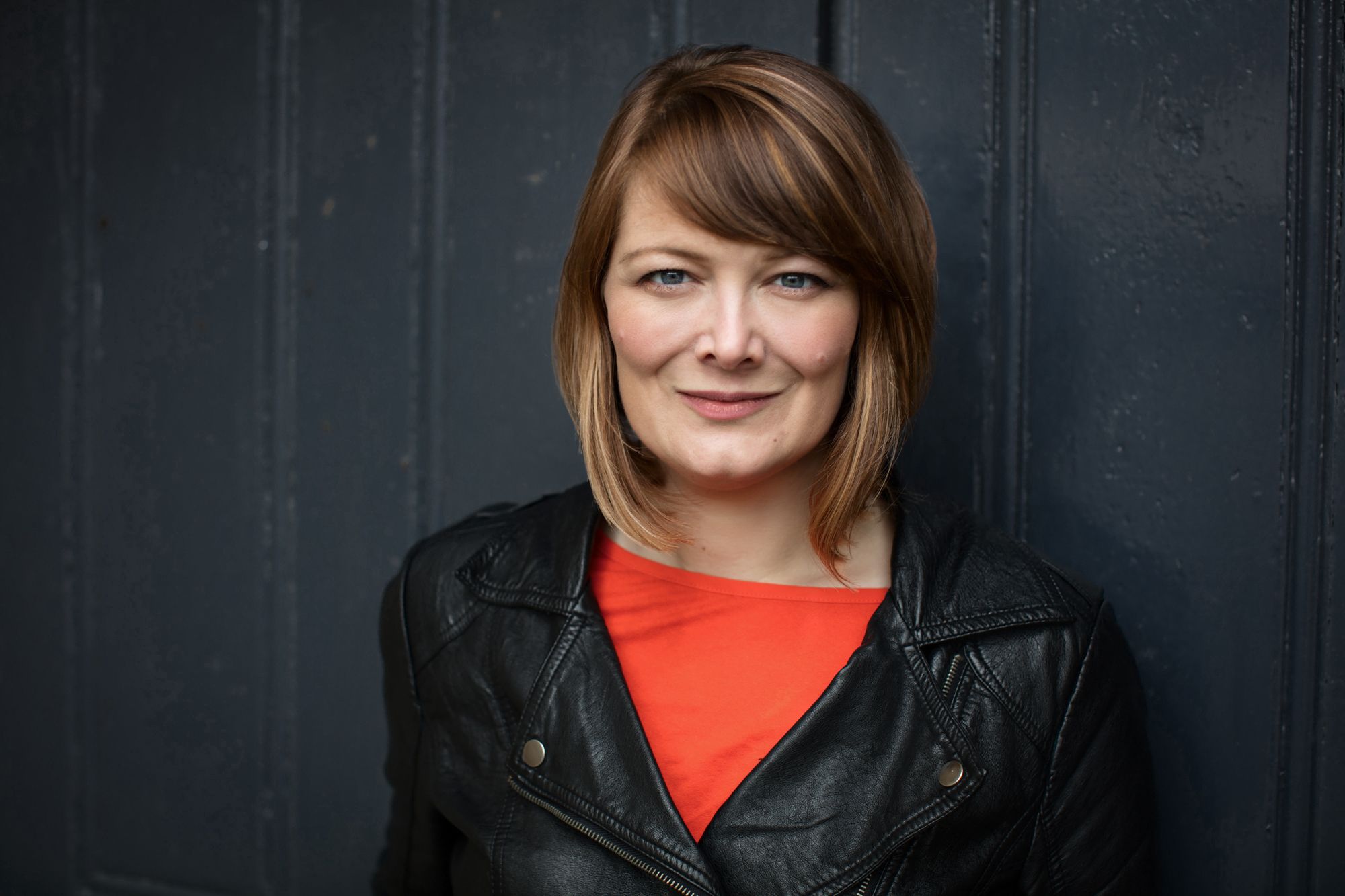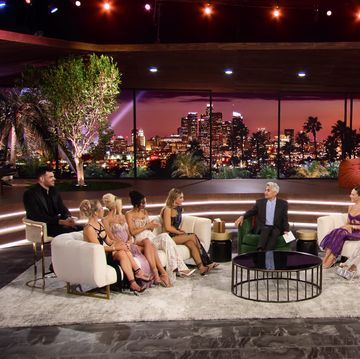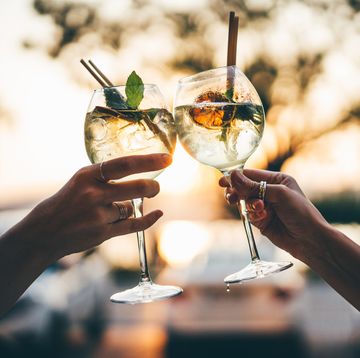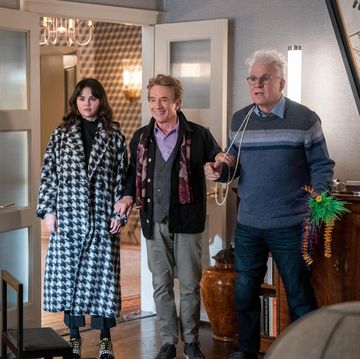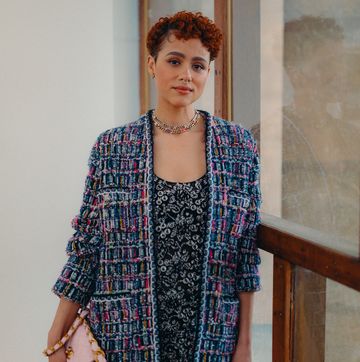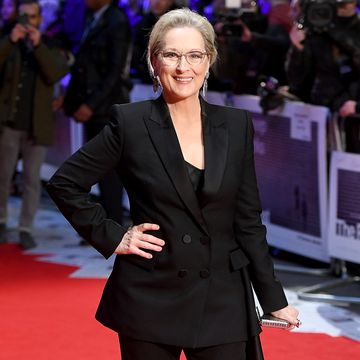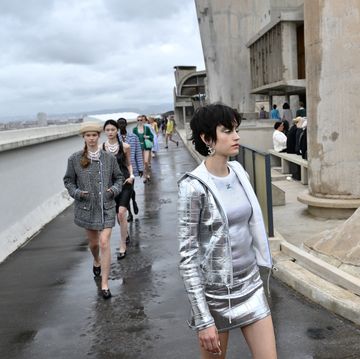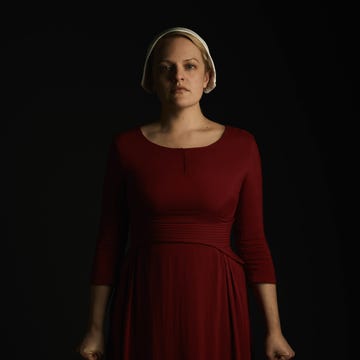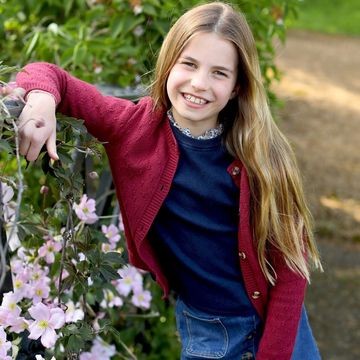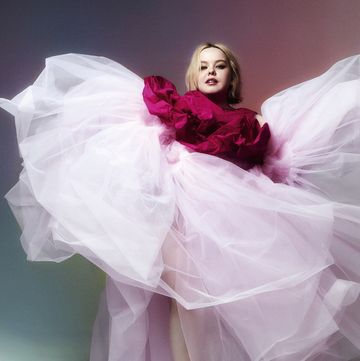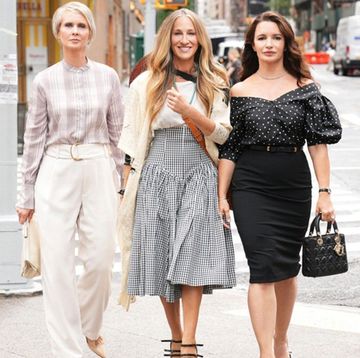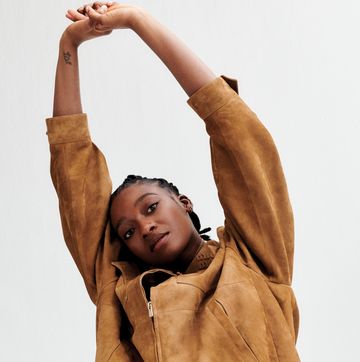Kerry Hudson’s memoir, Lowborn, isn't exactly an easy read. Originally a column in the (now defunct) online women’s magazine The Pool, its pages are filled with chaos and dysfunction.
As if to prepare us, she summarises her origins from the get-go: 1 single mother; 2 stays in foster care; 9 primary schools; 1 sexual abuse child protection inquiry; 5 high schools; 2 sexual assaults; 1 rape; 2 abortions; My 18th birthday. Born in Aberdeen in 1980, Hudson spent her early years being shipped between B&Bs and council flats. From Canterbury to Great Yarmouth, she was dragged to each new town, and into a series of precarious new environments. Like, for example, being warned by her stepfather to avoid the back of a sofa because there 'might' be used needles down there.
Despite her circumstances, however, she got out. 'I escaped poverty,' she explains in the book. Now an award-winning author, she is happily married and 'passes' in the new world of writers’ conferences and festivals she now orbits. A world filled with people who wouldn't know what it's like to grow up with 'threadbare clothes and too-tight shoes' or 'bad food because that’s all you can afford'.
In Lowborn she travels back to see how the communities she grew up in are doing today. Yet after battling with a sleeping disorder, 'terrible' anxiety and low self-esteem as an adult, Hudson also knew she wasn't being 'totally honest' with herself about everything she'd left behind. To try and make sense of her dysfunctional childhood, she decides to dive back in head-first.
The result? Lowborn is an incredibly vulnerable yet powerful book. Raw and tough, but full of hope, it's gripping from start to finish. And when just 10% of authors come from working-class backgrounds, it's refreshing to read a stark depiction of poverty in the UK. If you recognise yourself in the pages of Lowborn, just know that it can get better. ELLE sat down with Hudson to discuss further.
You spent a year writing about the most difficult times of your life. Were you worried about unravelling in some way?
Yes, absolutely. It was difficult, but I was compelled to write the book for two reasons. One was that I wanted to change the narrative around poverty, and tackle some of those very lazy assumptions about poor people. The second was that even though I have a life that I really like, I also knew I wasn't being totally honest with myself. I knew that the only way to tackle my issues was to go back and look at all those things I'd left unexplored.
Was there a place that was particularly tough to return to?
Great Yarmouth was hard. I lived there from 15 to 19-years-old and experienced sexual assault and rape. I also had two abortions. It was very painful because I was already becoming an adult there, and so didn’t have the buffer of those years in between my childhood and my adulthood when I returned. But the trip kind of broke and made me in equal measure. It was extremely liberating to walk along as a fully grown confident, productive, happy, stable adult and return to those places in that position.
You don’t come across angry, even though you’ve got a lot to be angry about…
The irony is I wrote the book because I was mad as hell. I was angry about the way society treated poor people; that nothing had changed in the three decades since I grew up on council estates. But I have no anger towards the people close in my life, or the communities I came from, because I know it's not their fault.
This is about how society is structured, and a government that has demonised the working class so that they can justify austerity cuts. So I’m angry on a lot of other people's behalf; for all the other people who should have had the opportunities that I've been given.
You write that you often feel inadequate, and beneath whoever you’re interacting with. Is that the poverty or your traumatic childhood talking? Or both?
Or womanhood? (laughs). I think all of it. I basically existed on two structures: one was a structure of poverty and being ‘othered’ by your poverty. Secondly I was a woman, and a vulnerable woman, because of that background. In order to navigate this new world that I find myself in, where there aren’t that many people from my background, I had to change, you know? I had to play a part.
And, unfortunately, that meant being really attuned to what the environment was like, and how people were responding to me and then adapting myself very quickly. And then it worked. I 'passed', but there are the consequences to that, and I’m slowly trying to reprogram myself from those.
What sort of consequences?
I don't think it's any way to live. And even if I'm not ‘passing’, there's nothing bad or shameful about who I am. I’m just from a different culture and background than my peers. So I'm making a really strong effort to try not and adapt myself to the situation, but hope that I can be accepted as I am.
Can ever truly escaped (a traumatic) childhood?
I don't think so. I spent years trying to escape and it was very damaging for me. What you can do is reconcile yourself with your childhood, see what it's given you and try to understand it. Writing this book was really fundamental in helping me reconcile that very difficult childhood with the adult I am now. It legitimately changed my life. I used to have night terrors about people coming to kill me, but those stopped four months in.
You received some backlash on Twitter after writing about working class novels. Why can the term being so problematic for some people?
'Working class' has been used in a variety of ways to communicate a variety of things. It's being used for right-wing propaganda, left-wing solidarity, by people who have no working class background for a little bit of sort of cultural capital. It’s been appropriated in so many different ways.
For me, when I use the term what I usually mean is people who know what it's like to be poor, who do not have a safety net, or who understand what it's like to grow up knowing that they do not have what other people have. But it's very much self-identifying, I think.
Any advice for people from poorer backgrounds who want to be writers?
One reason why I chose this career is because I knew that writing could never be taken away from me by poverty. Even at my poorest, and when my laptop was stolen, I always had a pen and paper. I could always write. You don’t need a Masters degree, or a fancy writing course, or a writing shed, or a really nice candle – it's just you, and your story.
The most important thing? Don’t listen to the constant voice in your head that says your story doesn't matter or it’s not important because it is. I never would have guessed I'd be a published author, and it's only because I sat down and wrote, and ignored that voice in my head telling me I wasn't good enough. So keep going.
Lowborn: Growing Up, Getting Away and Returning to Britain’s Poorest Towns by Kerry Hudson is out now, £14.99

